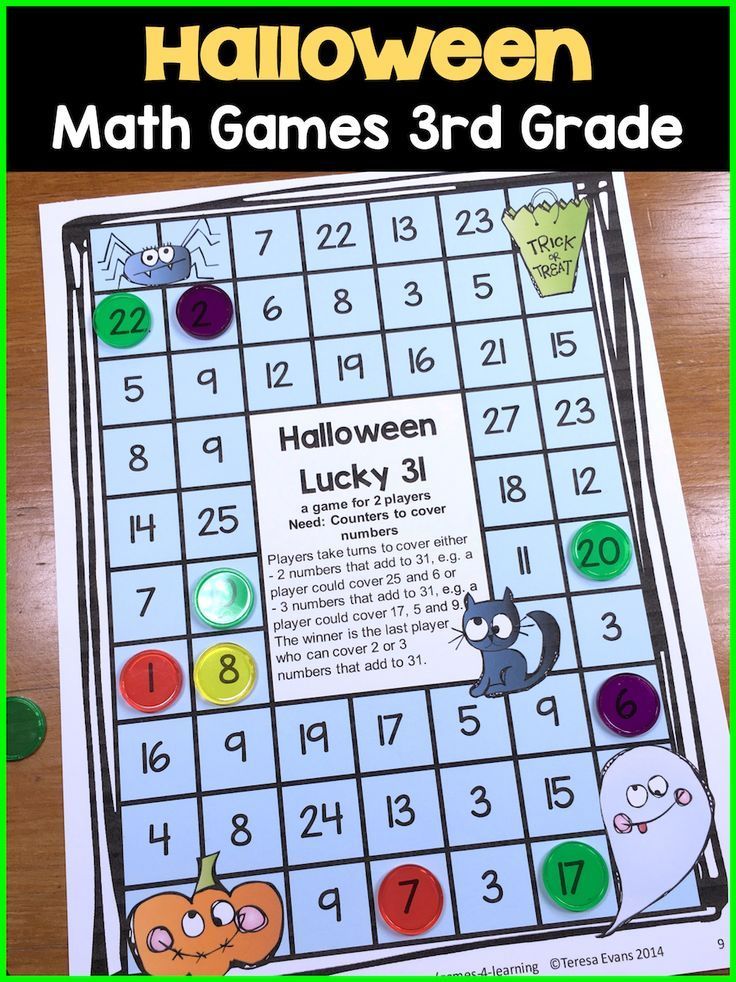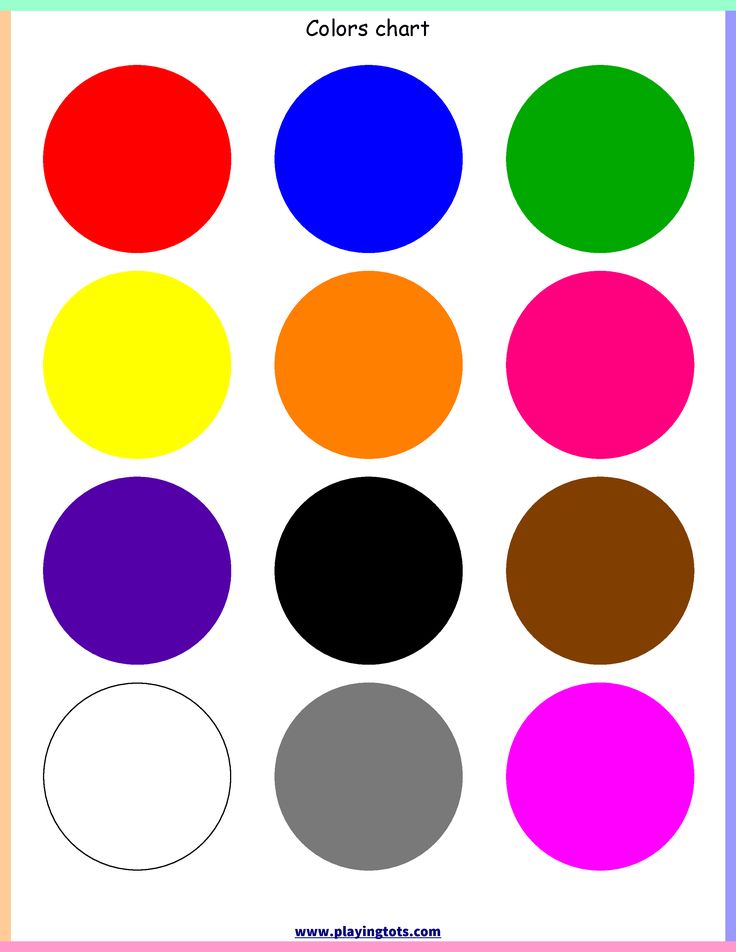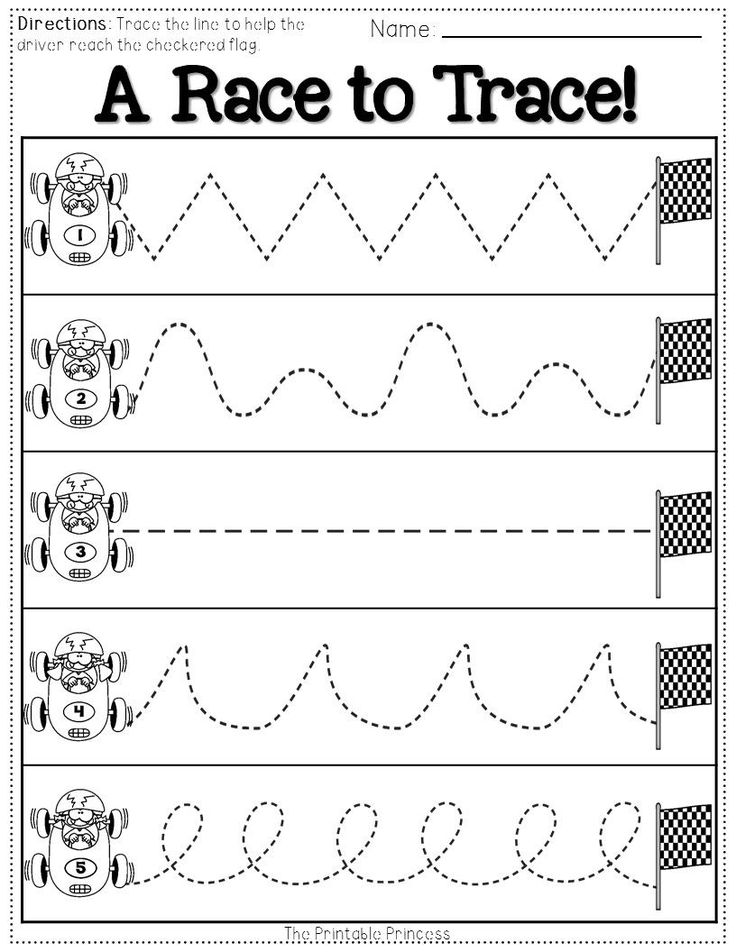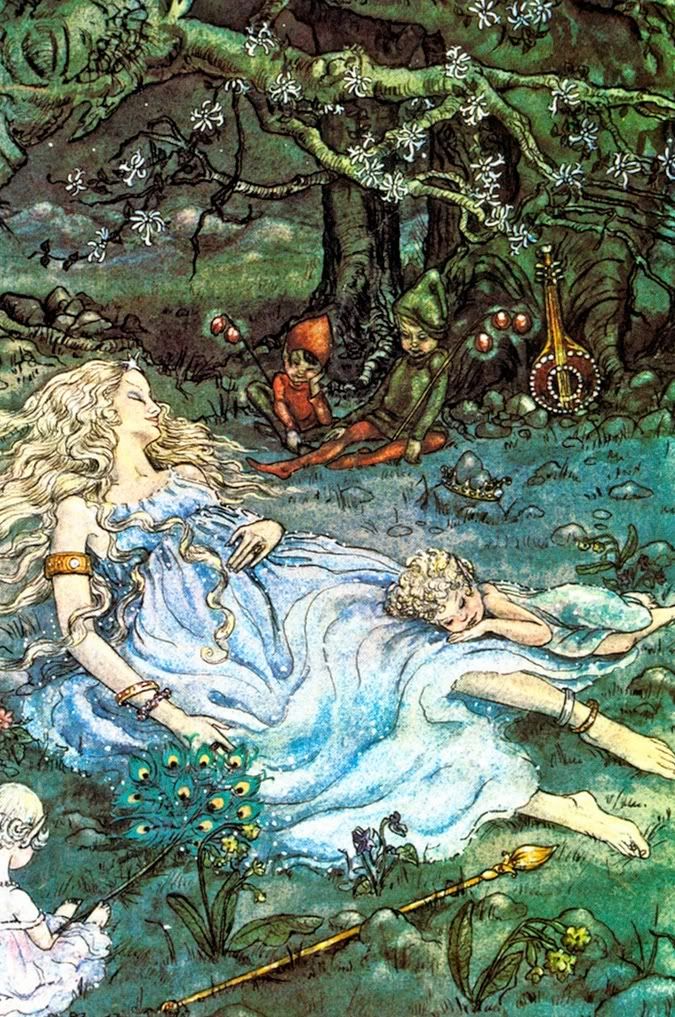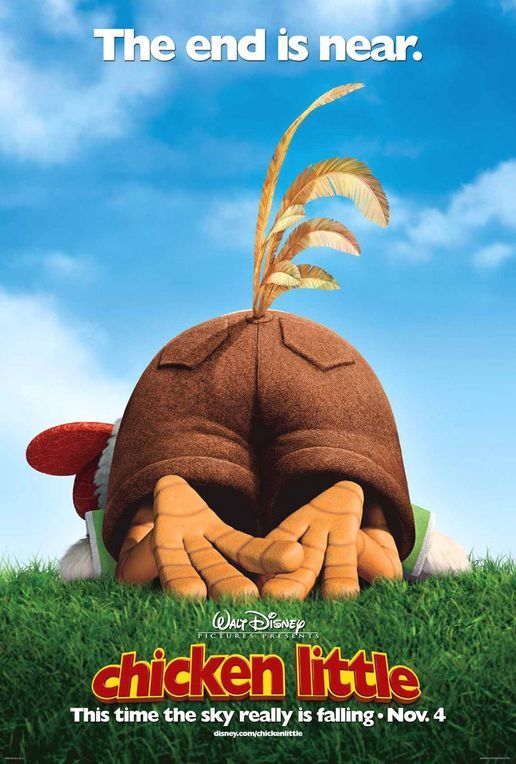What is the lexile level of my book
Lexile Reading Levels for Self and Small Publishers of Children’s Books
Lexile Reading Levels for Self-published and Small Publishers of Children’s Books
Did you know children’s books should be “leveled” for reading classes? Yes, most teachers and libraries check the Lexile level of books before purchasing. Why is that? A Lexile level is an approximate reading level for a student, which may vary from the grade level. You have probably seen statements such as, “This book is recommended for children ages 6-8.” Publishers find age information is by having the Lexile level (https://lexile.com/) determined to include this information in their book listings for authors on sites such as Amazon. It is easily found where the page numbers, IBNs, and so on are found on book sales pages. Self-published and smaller publishing houses may also take advantage of reading levels assessed by the Lexile Framework for Reading.
Authors may have to add Lexile levels to Amazon and other online book descriptions themselves.
Lexile.com is a rather extensive site and so here is an explanation of the different site sections. A parent page, educator page, education companies & publishers, and the departments of education page can be found using the menu. Also, books may be looked up in the find a book area. Lexile level grade-level charts, an analyzer, growth planner, Lexile career database, Wordlists, and a Measures manager are included. Listening levels are a new feature on the site. Spanish book levels are also available on the site.
Many States Have Memberships for Their Residents
Because reading levels are critical to student understanding and success, many states have already joined the site. I live in Minnesota, and my membership is free. A teacher friend of mine lives in New York and also has a free membership. The annual cost is only about $18 if an author lives in a state without a membership. Even with a free membership, though, the site offers an extensive amount of information.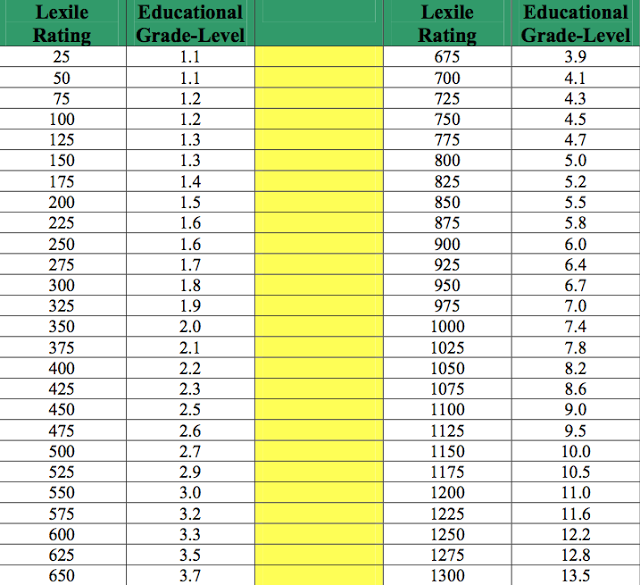
The reasons authors should be aware of this site while writing includes the following:
1. An author may copy then paste up to 1000 words in the analyzer to determine the Lexile level. Full sentences should be entered before clicking the analyze button. A Lexile level range will be given, although not certified and is only an estimate. The overview column will list the longest sentence and recommended books at the same level. The indicators column will include decoding, vocabulary, and patterns. The vocabulary column will select up to ten words from the text that can help inform instruction. See this page for more information. (https://hub.lexile.com/analyzer)
2. Leveled word lists may be downloaded from the site and used to inform authors as they write.
3. If an author creates curriculum or teacher resources for his or her book, the teacher assistant area provides state standards. I can look up Minnesota state standards. I have written two math storybooks and created student work pages for them, so I check the math standards information.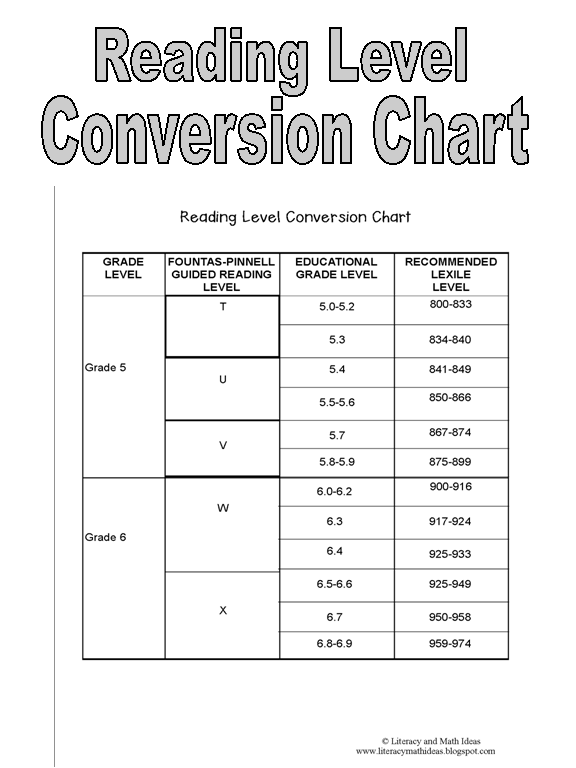
4. Lexile Tools for Find a Book allow searching by author, keyword, ISBN, grade level (easy, just right, and challenging), or by measure (a number) or a Lexile Range.
5. When looking for comp titles to submit a manuscript, this site is also beneficial for finding such titles.
6. Book level labels may be downloaded for books placed on “my shelf” and printed, if interested.
The Most Important Reasons to Consider Using Lexile Measures
However, an important reason for an author or small publisher to use this site is to get their books leveled. I did so and received levels for about $35 a book. For another $10, a vocabulary list is provided. At the beginning of each book sales page description, I added the Lexile Level number so teachers will see that first. Many teachers and librarians will look for Lexile levels first thing.
The second important reason for authors or small publishers to seek Lexile Levels is because the books are searchable online and in school and library catalogs.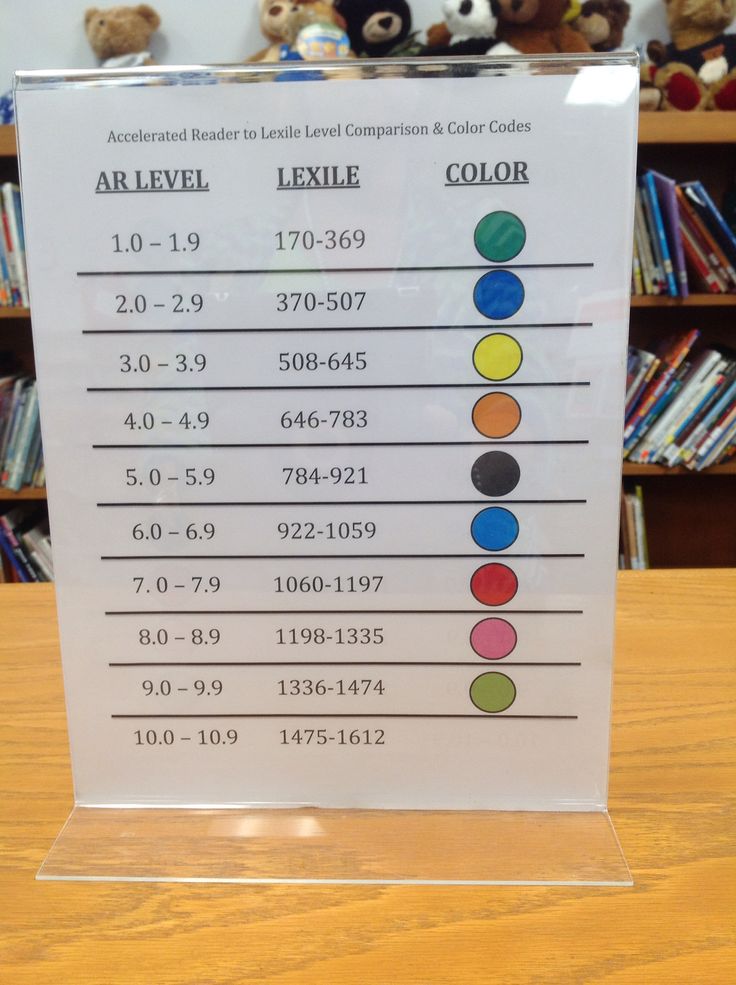 A member may make a bookshelf on the site and add books. I put the books I authored on my bookshelf, although they may be searched by individual title. Links may be shared in blog posts, social media, and press releases.
A member may make a bookshelf on the site and add books. I put the books I authored on my bookshelf, although they may be searched by individual title. Links may be shared in blog posts, social media, and press releases.
I hope you found this information useful!
Thank you for reading, Carolyn Wilhelm
Author and Owner of The Wise Owl Factory
Carolyn Wilhelm is the curriculum writer and sole owner of The Wise Owl Factory site and blog. She has a BS in Elementary Education, an MS in Gifted Education, and an MA in Curriculum and Instruction K-12. As a retired teacher of 28 years, she now makes mostly free educational resources for teachers and parents. Her course about Self-Publishing from the Very, Very Beginning is available on UDEMY. Her children’s books are available on Amazon and Barnes and Nobel sites.
How to Determine the Reading Level of a Book
This content contains affiliate links. When you buy through these links, we may earn an affiliate commission.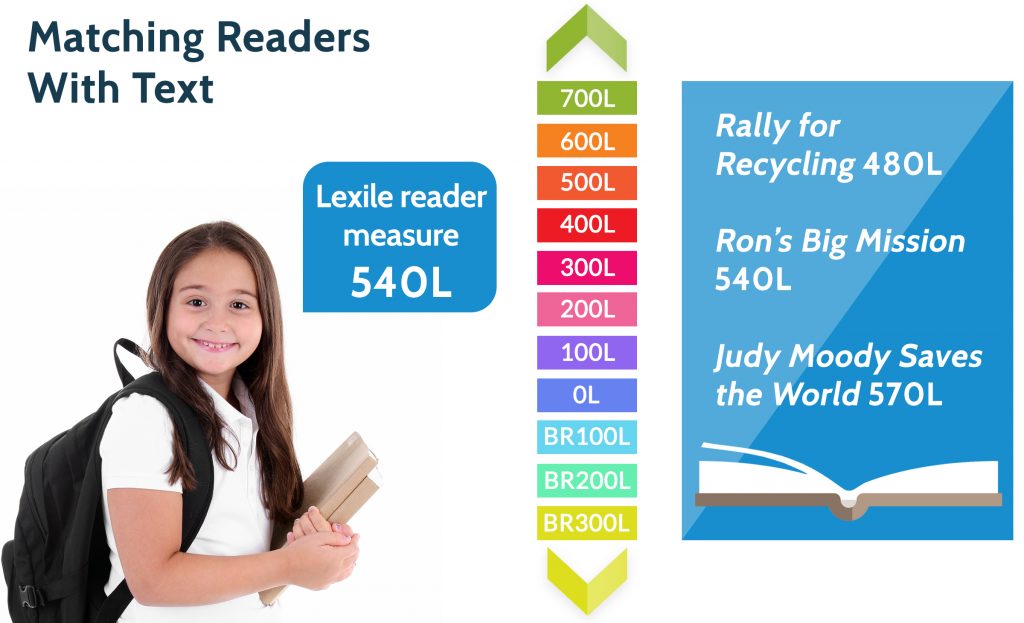
Fountas and Pinnell, Lexile Level, Primer, Pre-primer, Beginning Reader are all terms you may have heard if you have a young reader in your house. Seriously, what does it all mean? Is there actually a way how to determine the reading level of a book? If your child can read The Cat in Hat, which is a level J in Guided Reading, can she independently tackle Diary of a Worm, which has a Lexile Level of 510L or is she ready for Keena Ford and the Second Grade Mix-Up, even though that one has a DRA of 30?
Through this post, I am going to attempt to elucidate and explain reading levels. So scroll through to find the system that your child’s teacher uses or pour yourself a large cup of coffee and sift through all of the various ways educators, librarians, and book publishers level and categorize books for young readers.
Reading Levels Are Like Starbucks Sizes
I admit, I don’t visit Starbucks unless I have a gift card. I am also that person who goes to Starbucks and still tries to order a large iced tea.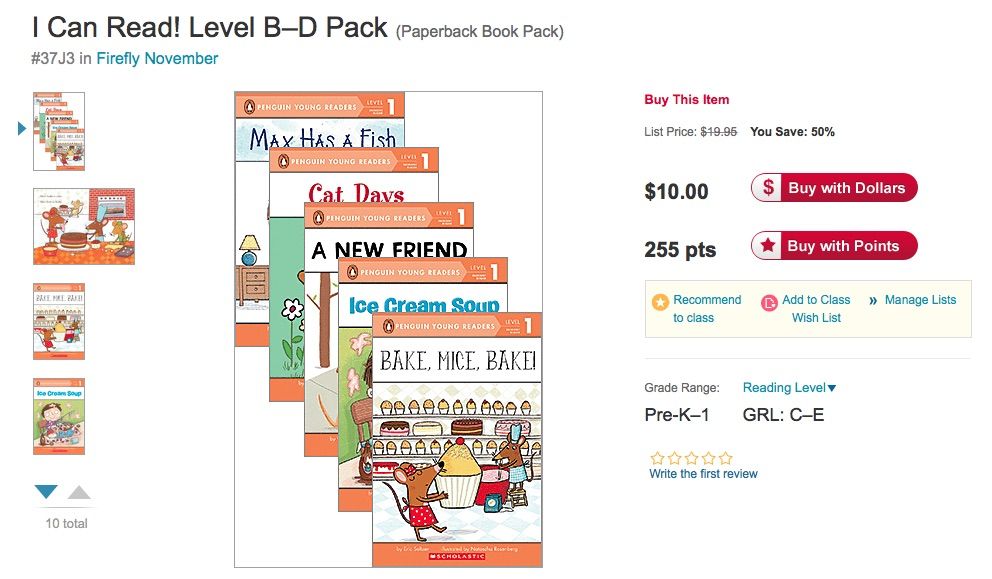 The barista calmly asks if I would like a venti or a trenta and then explains that I need to choose between Passion Tango, Matcha Green, or Guava White Tea. Then comes the question of sweetened, unsweetened, or added lemonade.
The barista calmly asks if I would like a venti or a trenta and then explains that I need to choose between Passion Tango, Matcha Green, or Guava White Tea. Then comes the question of sweetened, unsweetened, or added lemonade.
For the young reader, finding a book that can be read independently can be as tricky as remembering all of the variables in a Starbucks order. Little readers who are not familiar with reading levels or taught to find a “good fit book” often go for books that are too easy and boring, too difficult and frustrating, or, like my kindergarten son, books that have too many unreadable Star Wars planet names like Kashyyyk. If a child knows her reading level, she can find books that contain sight words she knows, plot lines that are not too advanced, and vocabulary that is manageable.
Explain the Levels, Please
There are many different ways that books are leveled. Here are the three most popular methods for how to determine the reading level of a book.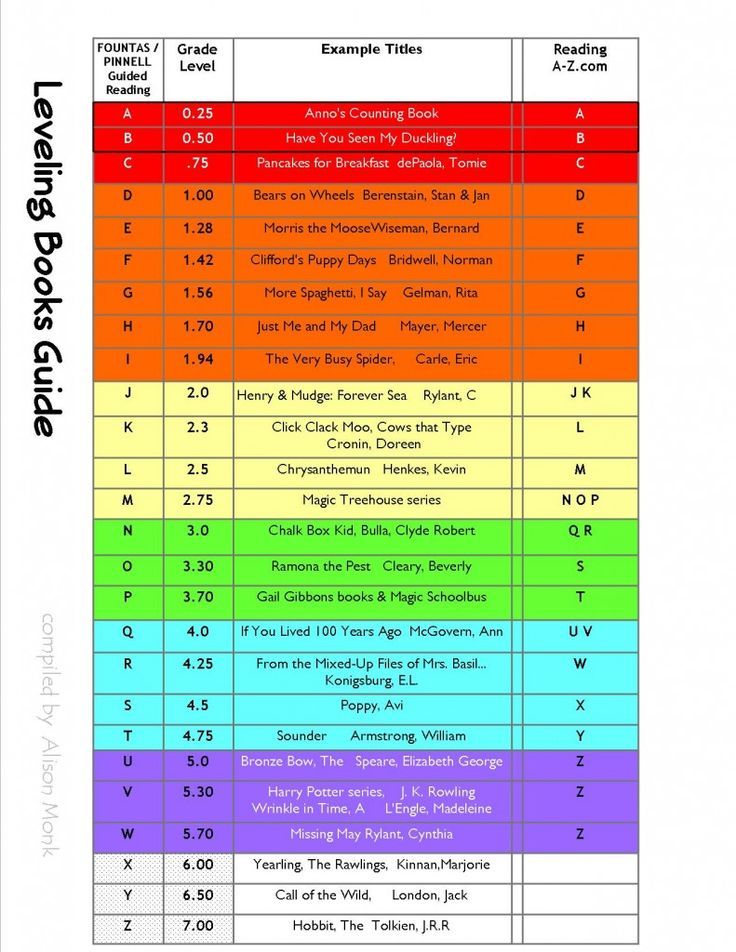
Developmental
Children become readers by moving through different developmental reading stages. These stages range from the emergent pre-reader to the expert fluent reader. Typically, the emergent pre-reader is between six months and six years of age, while the expert fluent reader is 16 years and older. The developmental categories are broader categories than many of the other leveling systems.
Letter Levels
When I taught first and second grade, I found letter levels to be the most kid friendly way to organize a classroom library. If your child’s school levels books using Fountas and Pinnell, Reading A-Z, Scholastic Books, or Guided Reading Levels, then books will be leveled using a letter system. While it would be nice, these leveling systems do not always correlate. A book that is a Reading A-Z Level P, is not always a Level P using the Guided Reading Levels.
Number Levels
Books can be leveled through such systems as Lexile Numbers, The Direct Reading Assessment (DRA), and Reading Recovery.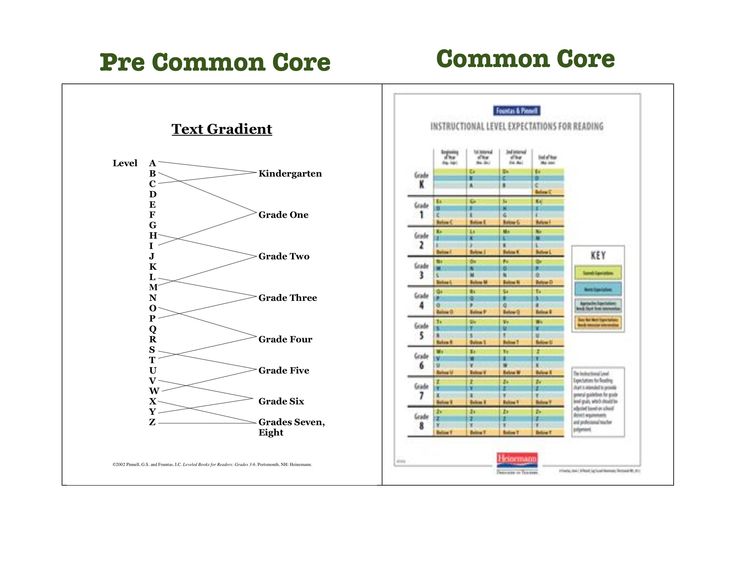 These systems measure texts by complexity and a reader’s skill level and then assign a number.
These systems measure texts by complexity and a reader’s skill level and then assign a number.
I Have My Child’s Reading Level, Now What?
Throughout the school year, your child’s teacher will probably perform reading inventories or assessments with your child. These will determine your child’s reading level.
If you homeschool or your child’s school does not use leveled reading, then use a simple test called the “five finger test” to roughly determine your child’s reading level. Have your child choose a book and open to the second page. Ask your little one to read the text out loud. If your child struggles with independently reading five or more words on that page, the book is too difficult and is not a good fit. You should also ask some comprehension questions to make sure that your young reader understands what she is reading. When a book passes the five finger test, use one of the links below to determine that book’s reading level.
Once you have the reading level, take a look at these five helpful websites, apps, and charts that will help you and your child find or level the perfect book:
- Book Wizard : Type in the title of a book to retrieve the Guided Reading Level and grade level.
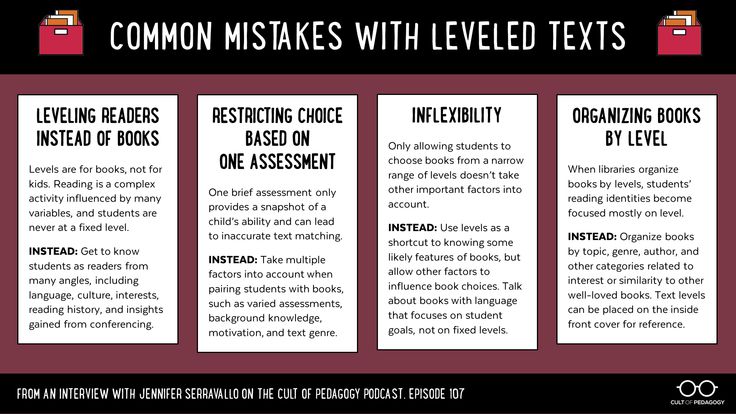
- Lexile Find-a-Book :Visit this site to find the Lexile Number for a specific book or to generate a list of books with a particular Lexile Number.
- Reading A-Z Level Correlation Chart : This is the best conversion chart out there for reading levels.
- Reading Levels Explained : Check out this very clean and user friendly site if you are still feeling overwhelmed by all of the reading level systems.
- Literacy Leveler app : Download this app and then use it to scan a book’s ISBN to see its Lexile, DRA, and GRL.
Levels Should be Helpful, Not Stressful
Reading levels should not feel restrictive. They should be used as helpful tools and not as a draconian system that kills the love of reading. Encourage your child to read books on her level, but don’t be upset if she chooses to reread an old favorite or picks up a nonfiction book that has some advanced vocabulary. Imagine how horrible it would be if adults had to always adhere to a reading level.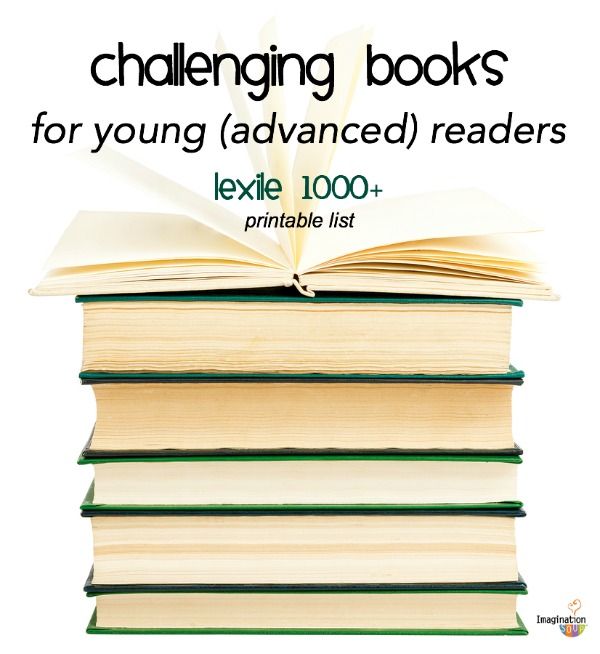 I am well aware of the fact that some of my beach reads are probably a fourth grade reading level, with a Guided Reading Level of Q, 820L, and DRA of 40. I may not always be challenged as a reader, but it is still fun to sip my trenta Passion Tango unsweetened iced tea and enjoy a book simply for the fun of reading.
I am well aware of the fact that some of my beach reads are probably a fourth grade reading level, with a Guided Reading Level of Q, 820L, and DRA of 40. I may not always be challenged as a reader, but it is still fun to sip my trenta Passion Tango unsweetened iced tea and enjoy a book simply for the fun of reading.
Need some books to practice leveling? Help yourself to 50 Must-Read Books for Beginning Readers, 20 Must-Read Books for First Graders and Second Graders, The Best Chapter Books for Kids: Engaging with Words, and 70 Must-Read Books for 3rd Graders.
How to read books in English correctly so that they are useful and enjoyable: a detailed guide / Sudo Null IT News
Reading is one of the top ways to improve your English and enjoy reading books in the original.
But the thing is that reading in one's native language and in the second one are different. In this article, we will give a detailed guide on how to read in English, so that it is fun and beneficial.
Step 1. Selecting a book
Here you need to consider a few basic nuances. The story itself is the foundation. And everything else you can do only if you feel like immersing yourself in the world that the writer is talking about.
1. You must like the style and the author
It seems to be simple and banal. You like fantasy - you choose fantasy. If you like to read detective stories or dystopias, feel free to take them.
The benefits of reading literature in English largely depend on pleasure. This is where psychophysiological mechanisms come into play. When you like something, the body's hormonal system releases dopamines and endorphins, which, in addition to feeling joy and good mood, also stimulate memory and cognitive abilities.
The more emotional involvement in the story, the better the language constructions and lexicon will be perceived. In the scientific publication Journal of Education in Black Sea Region in 2016, published the results of a study , which proved the influence of the perception of reading literature in a foreign language on the result of its study.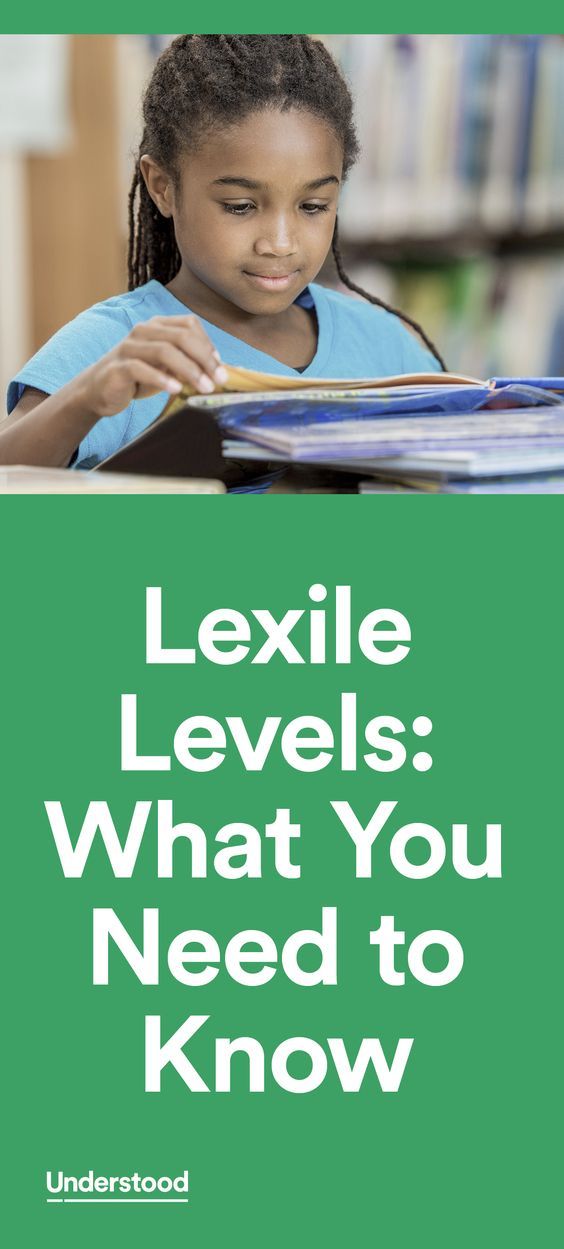
2. The complexity of the vocabulary of the book should correspond to your language level
There are already a huge number of collections of literature in English on the Internet according to the level of language proficiency. We also made a few of these. Here are times , here is two .
The mechanics are simple:
-
First, evaluate your current language level. In any appropriate way. For example, using in our test .
-
Choose a book by level and according to your preferences. It is clear that only fairy tales and stories for children are suitable for the Beginner level, but with Intermediate you can already pick up quite interesting books.
It only takes a few minutes to check if a book is right for you. Read one or two pages.
You should understand approximately 80-90% of all vocabulary. Let's explain why this is so.
If all the words are known, you will not be able to improve your vocabulary. And in the course of reading one book, a student can learn from 50 to 200 new words, which significantly develops the vocabulary even at high levels of language proficiency.
And in the course of reading one book, a student can learn from 50 to 200 new words, which significantly develops the vocabulary even at high levels of language proficiency.
If there are more unknown words, you will not be able to fully understand the plot. An interesting story will turn into a textbook that is neither fun nor useful.
Even if you love Tolkien, you won't be able to read The Lord of the Rings in the original at an Intermediate level. Highly artistic turns and abundant use of rare words create a chic atmosphere, but do not contribute at all to understanding. But students with Advanced will enjoy the book.
3. The volume of the book should correspond to your reading speed
Even if your English is at the Advanced level, it does not mean at all that you can read it quickly.
More important. Reading speed is not only the number of words that you can skim through your eyes in a minute. It is also the percentage of understood information.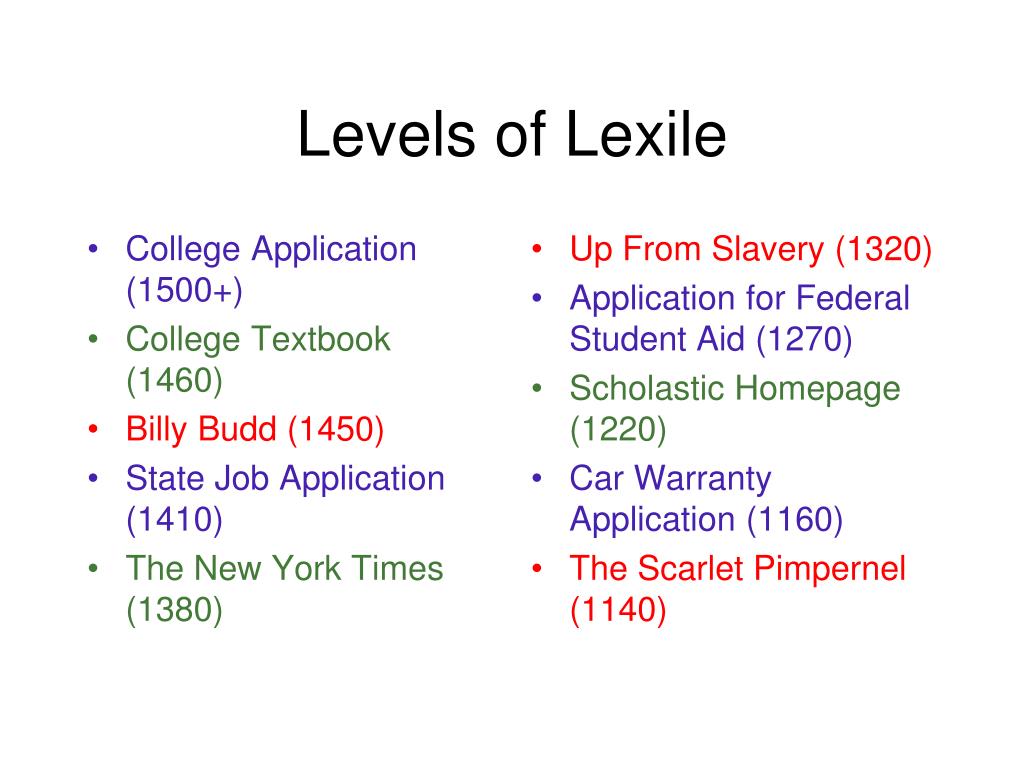
You can run through 1000 words per minute and understand absolutely nothing. And you can do it like this:
To check the real reading speed, take the test on any portal that you like. Our author passed here .
You need to read at such a speed as to provide the required 80-90% understanding of the text. It is perception that is primary, and the number of words read at the same time is secondary.
But it is the speed of reading that should be taken into account when choosing a book. If you read more than 300 words per minute, you can easily master any book - even if it's 1000 pages long.
But if your maximum is 50-100 words per minute, then you need to choose short stories or novels.
If you are afraid to take on large-format literature, you can start with small works at easystoriesinenglish .
They are specially selected for students who are learning English as a second language. And even if you read slowly, all the stories can be mastered in half an hour or an hour.
What you need to get started.
Step 2. The process of reading
So, the book was chosen, but that's only half the battle. It is important not only to read what to read, but also to read how to read .
It is important to understand that you are reading a book for pleasure. And only then is it a tool for pumping the language. Not vice versa. This is not about grammar and word order, this is about the complex perception of the language.
But in order for reading to bring both pleasure and benefit, you need a few simple steps:
1. Underline or mark unfamiliar words or those whose meaning you are not sure. If you read in an e-mail, mark them with a color. The main thing is that the reader allows you to edit the book file or make notes from above.
Council . Before looking up unknown words in the dictionary, try to guess their meaning from the context. In most cases, this is not difficult to do. The only exceptions are highly specialized terms, slang and phrasal verbs - then you won’t be able to guess.
The only exceptions are highly specialized terms, slang and phrasal verbs - then you won’t be able to guess.
2. Send underlined words to a special program to study them. Without additional software, you can still replenish your vocabulary, but with a program on your smartphone it will be easier - you do not have to remember the meaning of the word every time and you can learn it in just six repetitions.
3. Pay conscious attention to phrases, metaphors, allegories - in general, to everything that makes up the style of the book. And then try to use them in your actual speech or texts. You may not know how to accurately translate a phrase into Russian, but you should clearly understand in which case it can be used in English.
It also happens that you have read a sentence and understood absolutely nothing. This is fine.
Try reading it again. If the meaning also escapes after the second and third reading, it is better not to concentrate on it and skip it.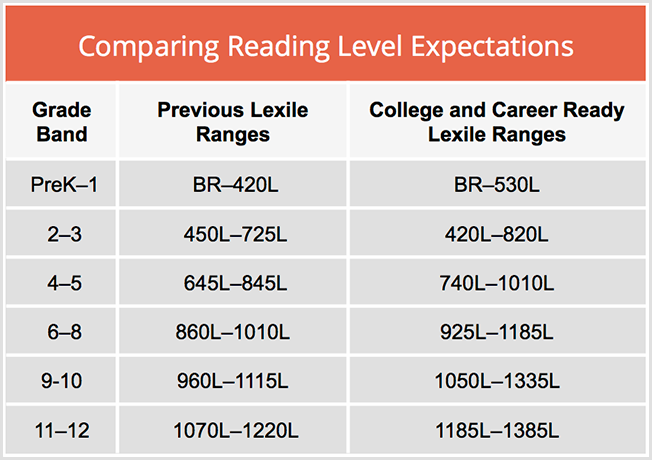 If such misunderstandings happen once or several times throughout the book, then everything is in order, but if every page, then you need to moderate your ardor and try a simpler work.
If such misunderstandings happen once or several times throughout the book, then everything is in order, but if every page, then you need to moderate your ardor and try a simpler work.
Important! Refuse online translators. I would like to throw a complex sentence into some Google Translate, but you should not do this. Such instruments often distort the meaning of complex phrases.
To test this statement, let's take translations of the first paragraph from Tolkien's The Lord of the Rings.
Original:
When Mr. Bilbo Baggins of Bag End announced that he would shortly be celebrating his eleventy-first birthday with a party of special magnificence, there was much talk and excitement in Hobbiton.
Google translate
When Mr. Bilbo Baggins of Bag End announced that he would soon be celebrating his eleventh birthday with a special lavish party, there was much talk and excitement in Hobbiton.
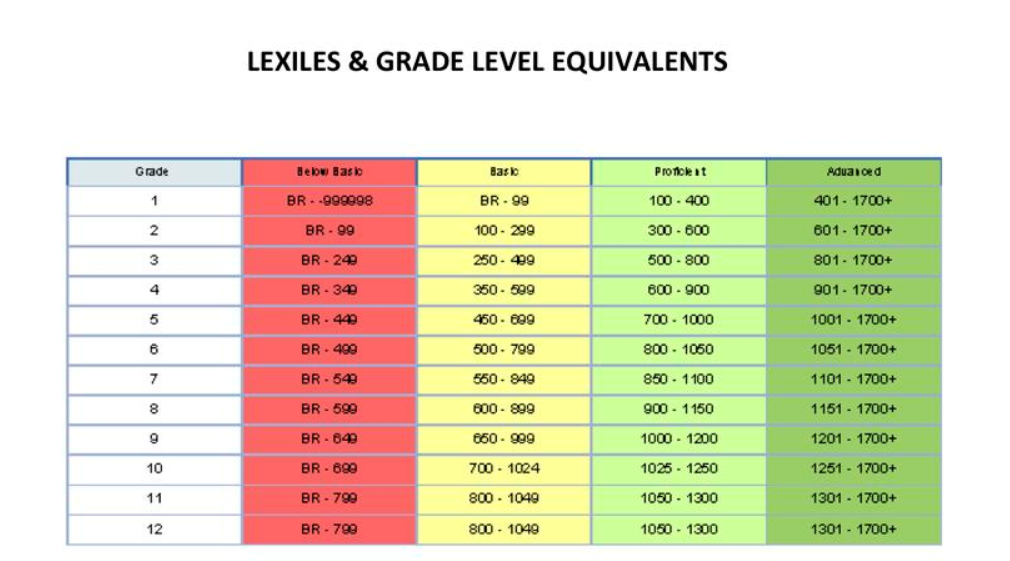
Per. Grigorieva and Grushetsky:
There was a stir in Hobbiton. Mr. Bilbo Sumniks, the owner of Bags, announced his intention to celebrate his one hundred and eleventh birthday and promised a very generous treat.
Per. Muraviev and Kistyakovsky
Then Bilbo Baggins, the owner of Bag-on-the-Cliff, announced that he wanted to celebrate his forthcoming 111th birthday magnificently, and all Norgord hummed and got excited.
***
Official translations deviate slightly from style and flaunt localizations of hero names and place names. But they are a choice of taste. But Google translates as literally as possible, but here it has a serious mistake. Eleventy-first is "one hundred and eleventh", not "eleventh". And such jambs automatic translation allows a whole bunch.
Step 3. Fixing the effect
We figured out the process. There are a few more points left.
If you want to not only enjoy reading in the original, but also improve your English, then is the most important thing - the stability of .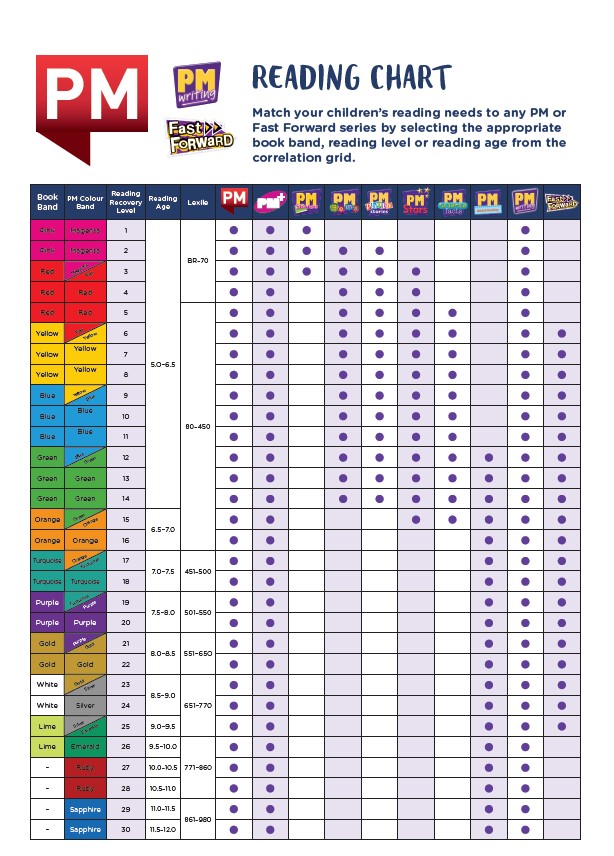
It is better to read 15 minutes every day than 3 hours once a week. In order for reading in English to pump knowledge of the language, you need to read every day. It's not that hard to find 15-30 minutes a day: on the way to work, during your lunch break, after dinner instead of social networks and YouTube videos.
If you read for more than an hour, the brain starts to get tired out of habit. After all, it is difficult to perceive information in a foreign language in large quantities. Attention deteriorates, consciousness ceases to focus on words and phrases, the meaning of words is not immediately remembered. Instead of pleasure, it turns out violence against oneself. So stability is more important than intensity.
It often happens that a book seems good in Russian, but something is wrong in the original. This is normal, because translation is essentially localization in collaboration with a translator. Reverse situations also happen - the translation did not work, but the original cannon.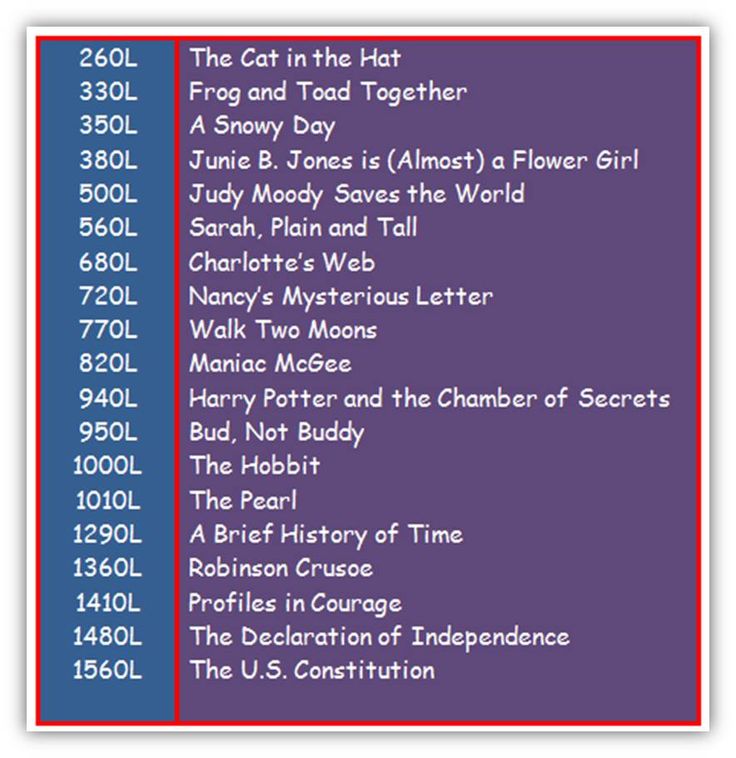 Therefore, many people learn English in order to read texts in the author's language.
Therefore, many people learn English in order to read texts in the author's language.
But there is one unique exception - Nabokov. The originals of many of his books are written in English, but at the same time he himself was engaged in their translations into Russian. The True Life of Sebastian Knight, Lolita, Pale Fire, Ada - feel free to read them if you want to feel the chic style and language of the writer. But it is not for beginners - you can comfortably read Nabokov at the Upper-Intermediate level.
Tip . If possible, choose your favorite books that you have already read in translation. Then you will pay more attention to the language and style of the story.
Re-read books after a few months. Firstly, it will help to open up new facets of history and language - you can re-read the classics dozens of times and find something that you missed during previous readings. Secondly, this way you can repeat all the vocabulary you have learned at once (remember - from 50 to 200 words).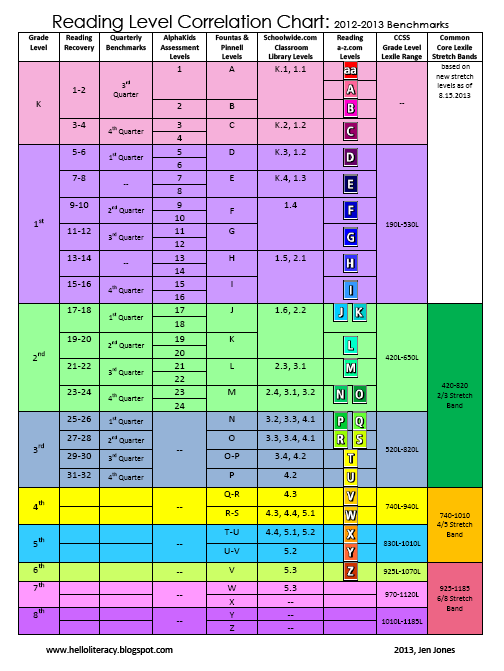 This is much more interesting than just driving the entire list for repetition in the application.
This is much more interesting than just driving the entire list for repetition in the application.
Interestingly, on first reading, there are few jokes and cultural references hidden in the text. But on the second or subsequent ones, they suddenly become clear.
Here is the personal experience of the author of the article. I first read Harry Potter in the original when I was a student. And then it seemed almost the same as in Russian. Recently re-read - and there was a lot of linguistic humor, which for the first time was not perceived at all.
For example, the well-known gag in English circles “Can I have a look at Uranus too , Lavender ?” from the fourth book. Well, Uranus and Uranus. But then why did Lavender blush and run away after Ron said that? But because Uranus sounds exactly the same as Your anus. And there already is, because of which to blush. You have no idea how many of these hidden jokes writers hide in books. Oh-oh-oh-a lot.
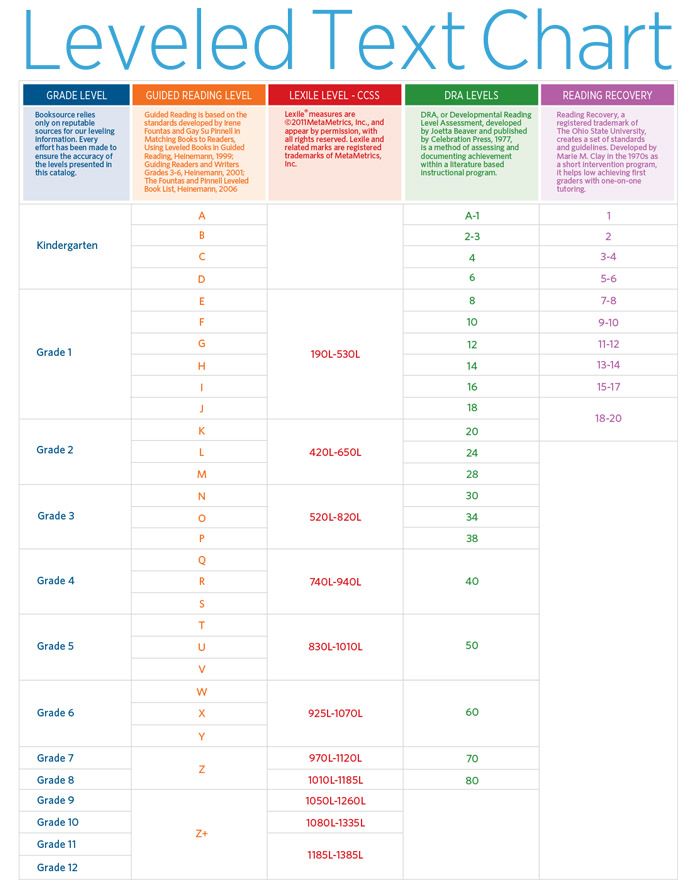
So reading in English can be both fun and a normal level of language proficiency. Indeed, in the future, the studied vocabulary and grammatical constructions will be used as if by themselves - exactly where they are needed. So choose a book and sign up for a free trial lesson with an EnglishDom teacher.
Online school EnglishDom.com - we inspire you to learn English through technology and human care
Habr readers only the first lesson with a teacher in an interactive digital textbook for free! And when you buy classes, get up to 3 lessons as a gift!
Get a full month of ED Words premium subscription as a gift . Enter promo code november-2021 on this page or directly in the ED Words app. The promo code is valid until 12/10/2021.
Our Products:
-
Learn English Words with ED Words Mobile App
-
Learn English from A to Z in the ED Courses mobile app
-
Install the Google Chrome extension, translate English words online and add them to study in the Ed Words app
-
Learn English in a fun way with the online simulator
-
Strengthen your speaking skills and find friends in conversation clubs
-
Watch English life hacks video on EnglishDom YouTube channel
Discussing books in English: useful words and phrases
If you want to talk about a book in English, the words good \ bad alone will not suffice.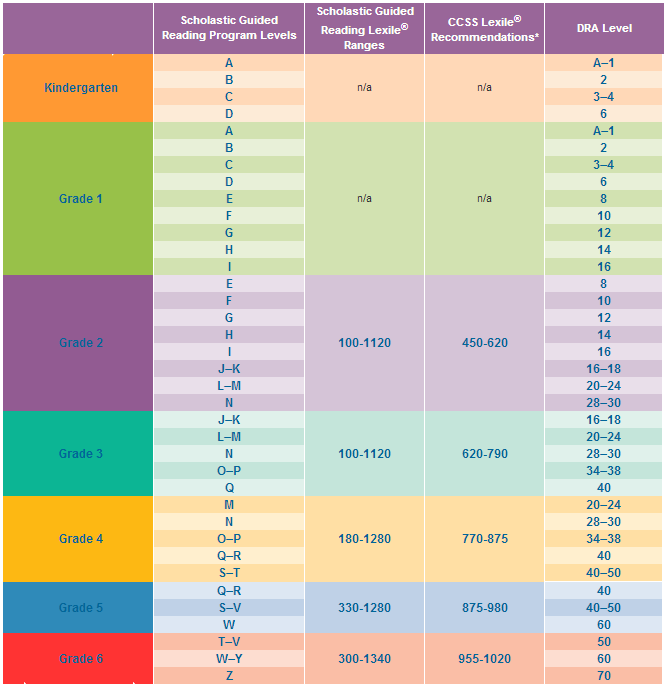 You can't do without a minimum of terms, such as "protagonist", "plot". From this article, you will learn the basic words on the topic of literature, the names of genres and phrases that will be useful for discussing a book or reviewing it.
You can't do without a minimum of terms, such as "protagonist", "plot". From this article, you will learn the basic words on the topic of literature, the names of genres and phrases that will be useful for discussing a book or reviewing it.
Contents:
- Literary terms in English.
- Genres of fiction in English.
- Non-Fiction genres in English.
- Poetic genres, forms, terms in English.
- Review: how to talk about a book in English?.
- Examples of book reviews in English.
Literary terms in English
If you are just retelling a book, general vocabulary is enough - so-and-so did such-and-such and this happened. But sometimes you need to say or write about the author, the structure of the plot, the main characters (for example, if you are writing an essay in English). In this case, these terms will come in handy.
Other related articles:
- Where can I find simple English texts to read?
- How to read in English, replenishing vocabulary?
Download cards for printing
| Book | Book |
| Page | Page |
| Book cover | Book cover |
| Hardcover book | Hardcover book |
| Paperback book | Paperback |
| Book title | Book title |
| Chapter\Volume | Chapter |
| Author | Author |
| Writer | Writer |
| Reader | Reader |
| 0295 | Contents (list of chapters) |
| Story | Story (told in a book) |
| Plot | Plot |
| Setting | Setting (place and time of action) |
| Idea | Idea |
| Episode \ passage | Episode, excerpt |
| Preface | Foreword |
| Epigraph | Epigraph |
| Prologue | Prologue |
| Exposition | Exposure |
| Conflict | Conflict |
| Rising action | Action development |
| Climax | Climax |
| Falling action | Fall of action (development after climax) |
| Resolution | interchange |
| Epilogue | Epilogue |
| Plot device | Plot move, device |
| Plot twist | Plot twist (usual unexpected) |
| Romance | Love Line |
| Summary | Synopsis, summary |
| Point of view (POV) | Viewpoint |
| Narrator | Narrator |
| Non-linear narrative | Non-linear storytelling |
| Character | Character |
| Main character | Protagonist |
| Protagonist | Protagonist, protagonist |
| Antagonist | Antagonist |
| Surprise ending | Unexpected ending |
| Suspense | Anxiety, tension, suspense |
| (Un) predictable plot | (Un) predictable plot |
| Plot-driven story | Story driven by plot |
| Character-driven story | A story driven by heroes |
| Page-turner | Fascinating book |
| Book series | Book series |
| Sequel | Sequel (continued) |
| Prequel | Prequel (backstory) |
| Spin-off | Spin-off (offshoot of the series) |
Notes:
- What is point of view (POV)? There is a concept narrative point of view - the position of the narrator, that is, from which person the narration is being conducted, for example, from the first person (first-person) or from the third (third-person).
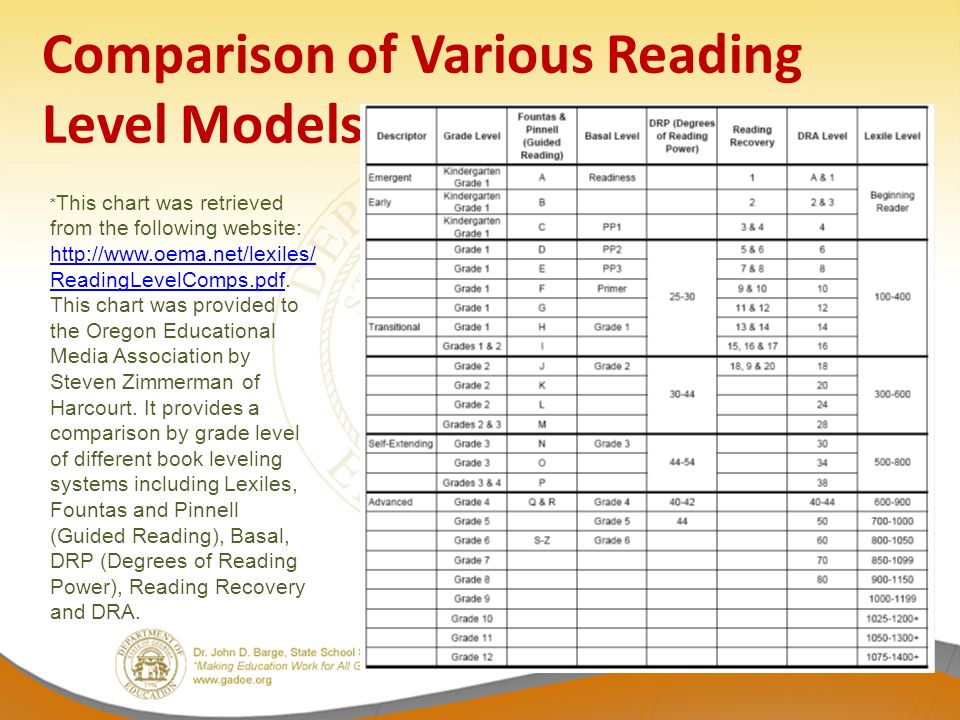 But POV is often also understood as of the character itself, from whose point of view the story is being told, such as Dr. Watson in the Sherlock Holmes stories or the successive characters in George R. R. Martin's A Song of Ice and Fire.
But POV is often also understood as of the character itself, from whose point of view the story is being told, such as Dr. Watson in the Sherlock Holmes stories or the successive characters in George R. R. Martin's A Song of Ice and Fire. - Suspense is the suspense effect produced by a book (movie, video game). The reader is tense to the limit in anticipation of something unknown, perhaps terrible. The effect is typical for horror and thrillers. In Russian, it is usually called that - suspense.
Genres of fiction in English
In English literature, genres fall into two broad categories:
- Fiction is what we call fiction. Works containing fiction (fiction = fiction). Detectives, historical novels, science fiction - all this is "fiction".
- Non-fiction The facts presented in it are perceived not as fiction, but as reality. Non-fiction includes: biographies, memoirs, reference books, textbooks, manuals, cookbooks, etc.
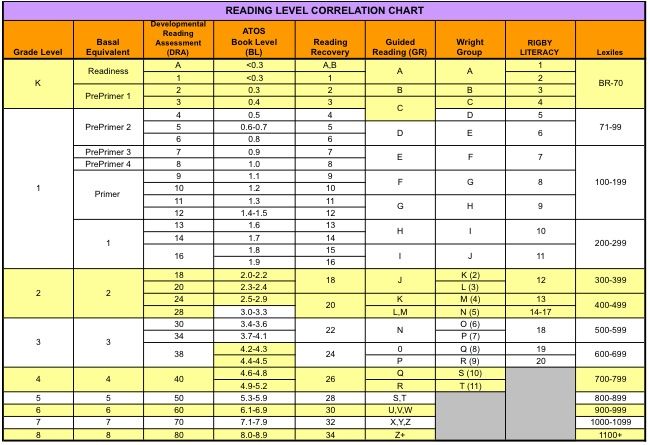
In addition, along with the division into genres such as detective, fantasy and others, there is a division into forms: novel, story, short story. The latter are sometimes called forms (forms, narrative forms), and sometimes also genres (genres). These include:
- Short story - short story,
- Novel - novel.
What we call a story , that is, prose, roughly speaking, is longer than a story and shorter than a novel, is called in English literature short story , short novel or novella . Please note that the English word novella does not match the Russian word "novella". In Russian, a short story is a story, and English novella is a prose longer than a story and shorter than a novel, that is, a story in our understanding.
The main genres of fiction are listed in this table:
Download cards for printing
(this set of cards combines genres of fiction and non-fiction)
| Crime | Crime fiction |
| Detective fiction | Detective |
| Science fiction | Science fiction |
| Post-apocalyptic | Post-apocalyptic |
| Distopia | Dystopia |
| Cyberpunk | Cyberpunk |
| Fantasy | Fantasy |
| Romance novel (romantic novel) | Love story |
| Western | Western |
| Horror | Horror |
| Classic | Classical literature |
| Fairy tale | Fairy tale |
| Fan fiction | Fanfiction |
| Folklore | Folklore |
| Historical fiction | Historical prose |
| Humor | Humorous prose |
| Mystery | Detective |
| Picture book | Picture book (children's books) |
| Thriller | Thriller |
| Erotic fiction | Erotic |
Notes:
- This is not an exhaustive list as I have not included numerous subgenres.
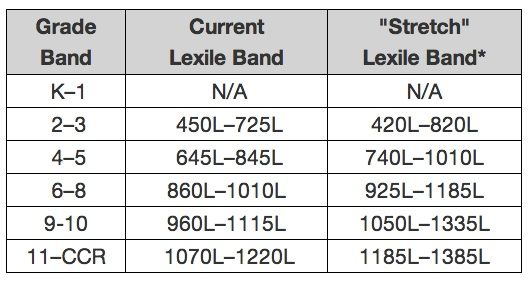 For example, in fantasy alone there are more than a dozen of them: epic fantasy (epic fantasy), heroic fantasy (heroic fantasy), dark fantasy (dark fantasy), etc.
For example, in fantasy alone there are more than a dozen of them: epic fantasy (epic fantasy), heroic fantasy (heroic fantasy), dark fantasy (dark fantasy), etc. - Mystery is neither mysticism nor mystery. Under mystery (lit. "secret") is understood a detective story where the detective unravels a mysterious crime, usually a murder, for example, "Murder on the Orient Express" by A. Christie.
- As in Russian, classic is a general name for classical literature, not a genre.
Genres of Non-Fiction in English
Non-fiction in English is understood in the narrow sense of non-fiction or non-fiction, and in the broad sense - any non-fiction work, including reference books, instructions, technical literature and cookbooks. For example, my book How to Learn English is a typical how-to book.
| Biograpy | Biography |
| Autobiography | Autobiography |
| Essay | Essay |
| Owner's manual (Instruction manual, User's guide) | Manual |
| Journalism | Journalism |
| Memoir | Memoirs |
| Reference book | Handbook |
| Self-help book \ How-to book | Manuals, self-development |
| Textbook | Tutorial |
| Academic paper | Scientific research |
| Encyclopedia | Encyclopedia |
| Dictionary | Dictionary |
| Popular science | Popular Science |
| Photograph | Photobook |
| Technical writing | Technical literature |
| Cookbook | Cookbook |
Poetic genres, forms, terms in English
Let's also consider the main terms related to poetry.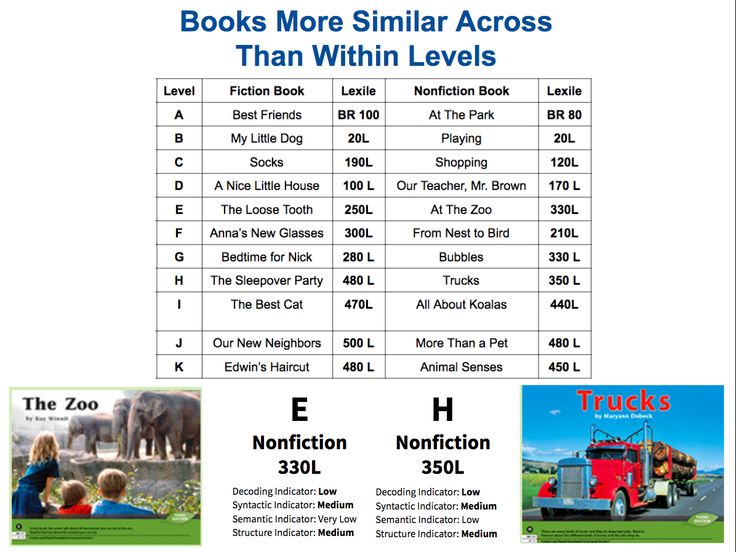
Download printable cards
| Poetry | Poetry |
| Poem | Poem |
| Line | Verse |
| Stanza | Stanza |
| Rhythm | Rhythm |
| Meter | Meter |
| Metric pattern | Poetic size |
| Rhyme | Rhyme |
| Alliteration | Alliteration |
| Metric foot | Foot (metric) |
| Iamb | Yamb |
| Trochee, choree | Horei |
| Dactyl | Dactyl |
| Anapest | Anapaest |
| Amphibrach | Amphibrachium |
| Couplet | couplet |
| Triplet | Three lines |
| Quatrain | Quatrain (quatrain) |
| Narrative poetry | Poetic. works with a plot works with a plot |
| Epic poetry | Epic poetry |
| Dramatic poetry | Dramatic poetry |
| Satirical poetry | Satirical poetry |
| Lyric poetry | Lyric poetry |
| Verse fable | Fable (in verse) |
Like Russian poetic terms, English ones are of Greek origin, so many of them are understandable even without translation. But, as always, there are nuances.
- The word poem can be translated as both "poem" and "poem".
- A verse is not a poem, but a line of a poetic work. In English, there is no separate term for it, it is called the same as any line - line .
- Some terms are similar to Russian words with a different meaning. Stanza is not a stanza, but a stanza, couplet is not a couplet (in our understanding), but a stanza of two verses (couple).
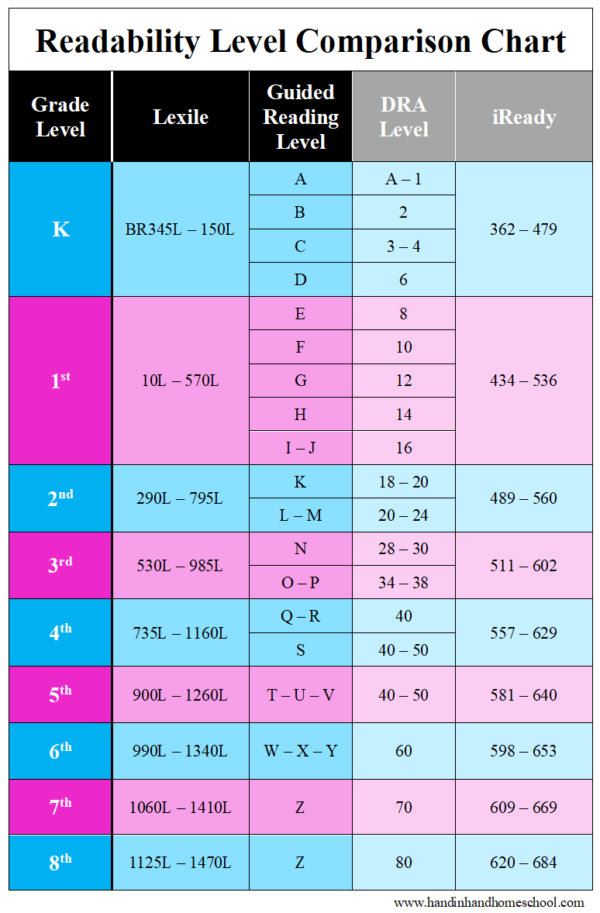
Review: how to talk about a book in English?
There are many ways to talk about the book. It can be a retelling of the story to a friend or a real review, a review. In any case, these phrases will help you.
Book title and author name
| The book title is ‘Gone with the Wind’ by Margaret Mitchell | The book is called Gone with the Wind by Margaret Mitchell |
| The title of the book is ‘The Novice’ by Michael Lermontov. | The book is called "Mtsyri", author Mikhail Lermontov |
| The title of the book series is ‘The Saxon Tales’ by Bernard Cornwell. | A series of books called The Saxon Chronicle by Bernard Cornwell |
| I have read ‘The Minds of Billy Milligan’ by Daniel Keyes. | I have read The Multiple Minds of Billy Milligan by Daniel Keyes |
Book genre
It’s a detective story.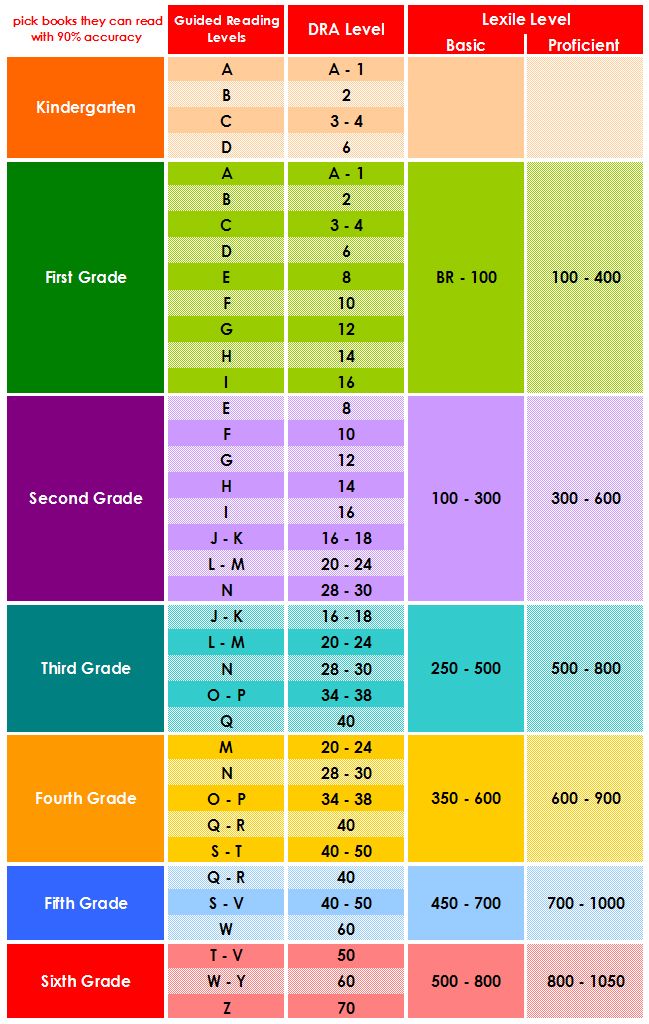 | This is the detective. |
| The genre of the book is detective. | The genre of the book is detective. |
Why did you decide to read the book
| My friend recommended it. | My friend recommended reading it. |
| I read a book review. | I have read the review (review). |
| I liked another book by that author. | I liked another book by this author. |
| I like books in this genre | I like books in this genre. |
The book is about pirates.
Time and action
The story is set in England in 1194.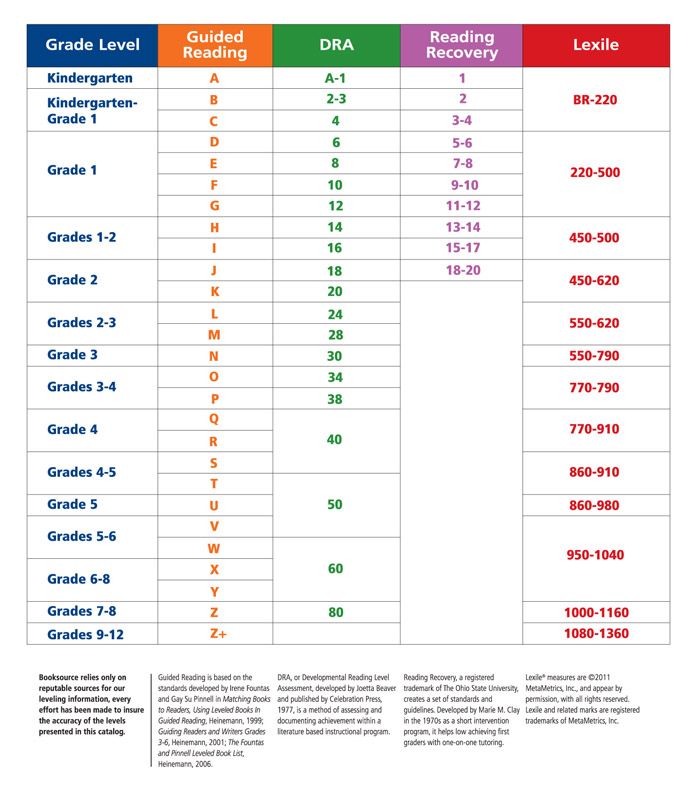 | The story takes place in England in 1194. |
| The book is set in 1194 England. | The book is set in 1194 England. |
| The book is set in the present time. | The action of the book takes place in our time. |
From whom the story is being told
| The story is told in the first person. | |
| The story is told by an identified narrator. | The narration is conducted on behalf of an indefinite narrator. |
| The story is told by the author. | The narration is conducted on behalf of an indefinite narrator. |
| There are many shifting narrators in the story. | There are many alternating narrators in the book. |
| The novel is told via multiple perspectives. | The narration in the novel is conducted from various points of view. |
A few words about the main character
The protagonist (main character) of the book is a pirate. He seeks for treasure. He seeks for treasure. | The protagonist of this book is a pirate. He is looking for a treasure. |
| The story is about the wizard who fights against the Dark Lord. | This is the story of a wizard who fights the Dark Lord. |
| The main character is a group of teenagers abducted by aliens. | This is a story about a group of teenagers abducted by aliens. |
The characters are deep and convincing.
Plot and ending
The story is plot-driven, moving from event to event.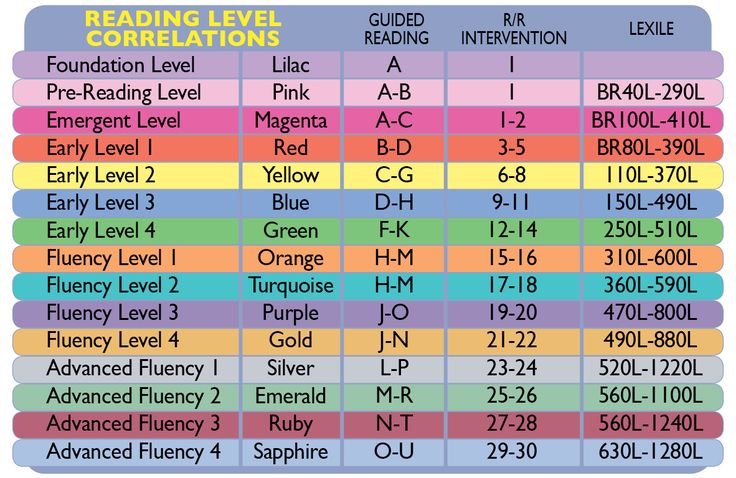 | The story is based on the plot (action-packed). |
| The story is character driven. | Characters are the driving force of history. |
| The weakest (strongest) part of the book is the romance. | The weakest (strong) part of the book is the love line. |
| The story is suspenful. | The plot keeps you in suspense. |
| The story is fast-paced \ slow-paced. | The plot unfolds rapidly / slowly. |
| The ending is surprising \ predictable. | Unexpected/predictable ending. |
| The ending is satisfying \ dissapointing. | Satisfactory/disappointing ending. |
| The endign is forced. | The ending is stretched (sucked from the finger). |
Retelling the plot
To retell the plot, describe specific actions, scenes, use as simple sentences as possible. As in Russian, events can be recounted in the past tense ("Peter looked out the window and saw a spaceship") or in the present ("Peter looks out the window and sees a spaceship"). Easier, of course, in the present:
Easier, of course, in the present:
Harry Potter is ten years old. He lives with his uncle and aunt. They don't like him. He doesn't know that his real parents were wizards. One day he is invited to magic school Hogwards.
Harry Potter is ten years old. He lives with his uncle and aunt. They don't like him. Harry doesn't know that his real parents were wizards. One day he is invited to Hogwarts School of Magic.
This is a good book \ read.
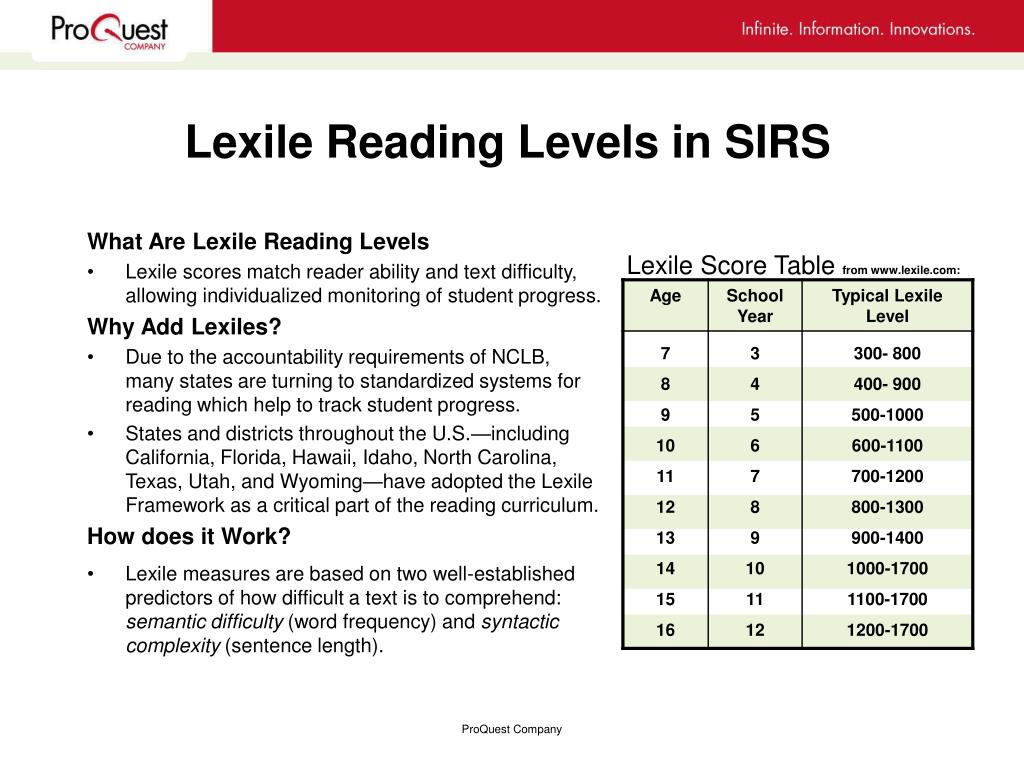
An example of a book review in English
I will give examples of book reviews. I chose three books and series of different genres: detective, fantasy and historical novel. If you want to read reviews written by native speakers, I recommend looking at book sites such as Goodreads (an English-language social network for readers) - there are a lot of reader reviews.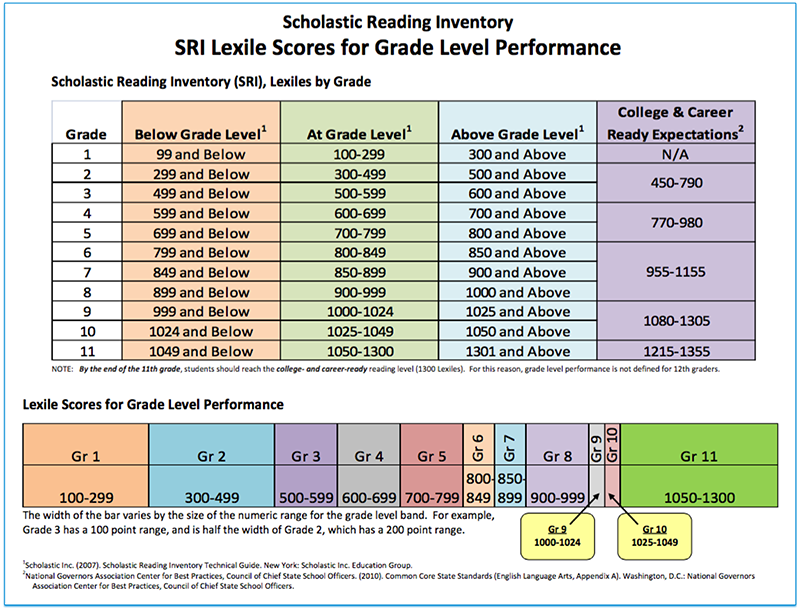
1. If Tomorrow Comes by Sidney Sheldon
| "If Tomorrow Comes" is a detective novel by Sidney Sheldon. It is a story about an ordinary woman who is framed by mafia, her quest for vengeance and then her struggle for a better life as a con artist. This novel is definitely a thrilling read. Your mind will be blown away exactly how Tracy Whitney's life is revolutionized in the course of twenty-four hours. The story is plot-driven, moving from event to event. It's a real page-turner, If you love books in this genre, I highly recommend it. | If Tomorrow Comes is a detective novel by Sidney Sheldon. This is the story of an ordinary woman who was framed by the mafia, her search for revenge and the struggle for a better life as a swindler. This is definitely a tense romance. You will be amazed at exactly how Tracy Whitney's life turned upside down during the day. The story is action-packed, events quickly follow each other. |
2. Harry Potter and the Philosopher’s Stone, by J. K. Rowling
| "Harry Potter and the Philosopher's Stone" is a fantasy story by J. K. Rowling. It's the first novel of Harry Potter series. I read it because I liked the movie. The main character is an orphant boy Harry Potter who doesn't know that he is a wizard. Harry lives with his relatives who don't like him. One day his life changes when he receives an invitation to Hogwards, the school of magic. At first, the story seems simple but then it turns out there are a few twists that will make you say "wow". As for the characters, they all look really alive and I loved how they cooperated and supported one another using their specific skills. The book is a really enjoyable read. I recommend it even if you have watched the movie. | "Harry Potter and the Philosopher's Stone" is a fantasy J. The main character is an orphan boy Harry Potter who does not know that he is a wizard. Harry lives with his relatives who do not like him. One day his life changes when he receives an invitation to Hogwarts, the school of magic. The plot seems simple at first, then it turns out that it has a few twists and turns that will make you say “wow”. As for the characters, they all seem very alive, and I liked how they interact, support each other, each with their own special skills. The book is a real pleasure. Would recommend even if you've seen the film adaptation. |
3. "The Saxon Tales", by Bernard Cornwell
| "The Saxon Tales" is a historical novel series, written by Bernard Cornwell. The story is set in 9th century Britain during the Danish invasion when almost all English kingdoms were conquered. The protagonits of the story is Uhtred of Bebbanburg. What I really loved about the book is that the historical events are told from the first-view perspective of such an interesting character who doesn’t fully belong to one of the sides. In this case, a first-view perspective is a really wider one. If you are curious about British history and vikings this series is a must read. | The Saxon Chronicle is a series of historical novels written by Bernard Cornwell. The action takes place in 9th century Britain during the Danish invasion, when almost all the English kingdoms were conquered. The main character's name is Uhtred of Bebbanburg. What I really liked about the book is that historical events are shown in the first person, from the point of view of such an interesting character who does not completely belong to either side. This is the case when the first person view gives a great perspective. If you are interested in British history and the Vikings, this series is a must read. |
Hello! My name is Sergey Nim, I am the author of this site, as well as books, courses, video lessons in English.
Subscribe to my Telegram channel to learn about new videos, materials in English.

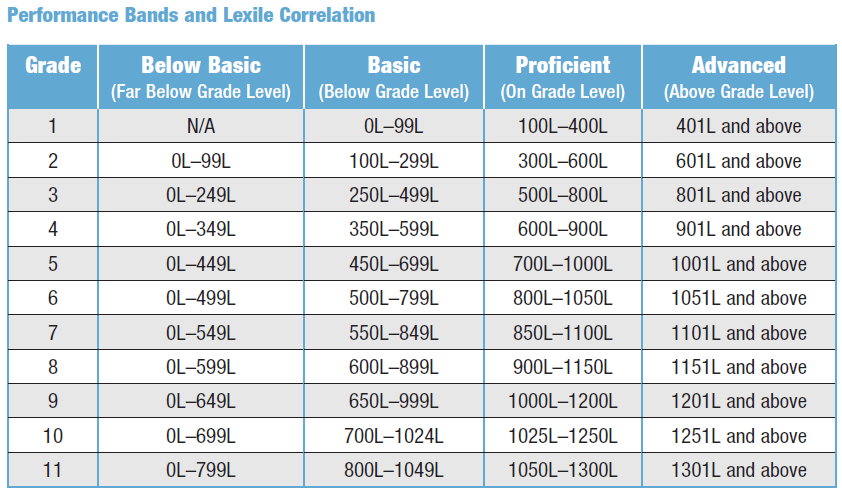 The book is extremely exciting. If you love this genre of books, I highly recommend it.
The book is extremely exciting. If you love this genre of books, I highly recommend it. 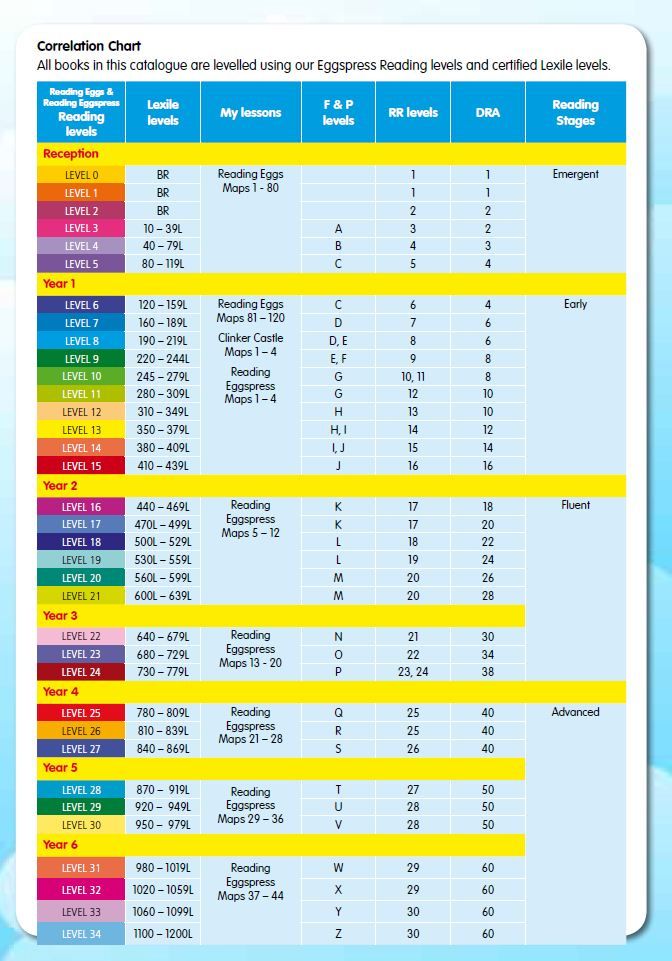 Rowling. The first novel in the Harry Potter series. I read it because I liked the movie.
Rowling. The first novel in the Harry Potter series. I read it because I liked the movie. 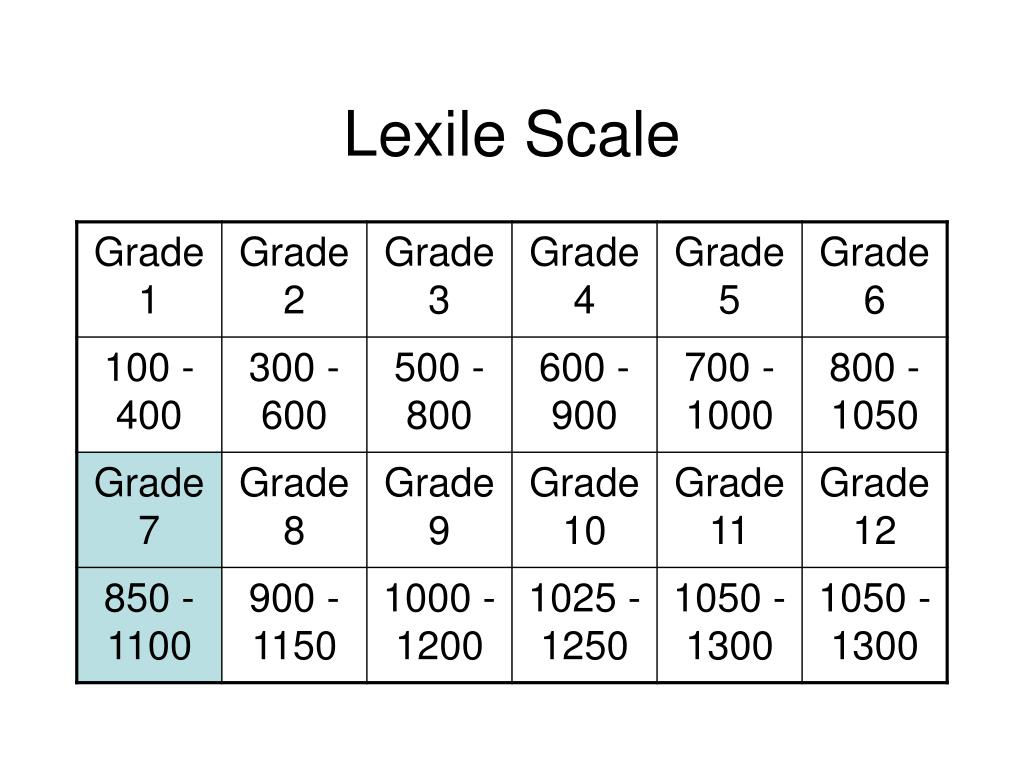 Born as a Saxon, he is adopted by the vikings. Uthred is a deep and controversial character. After his Danish family is betrayed and murdered, he returns to the Saxons. He has to fight for the last English kingdom, but his heart is still with the Danes. He is a pagan but he becomes one the most trusted men of King Alfred—the most devoted christian Uhtred ever met.
Born as a Saxon, he is adopted by the vikings. Uthred is a deep and controversial character. After his Danish family is betrayed and murdered, he returns to the Saxons. He has to fight for the last English kingdom, but his heart is still with the Danes. He is a pagan but he becomes one the most trusted men of King Alfred—the most devoted christian Uhtred ever met. 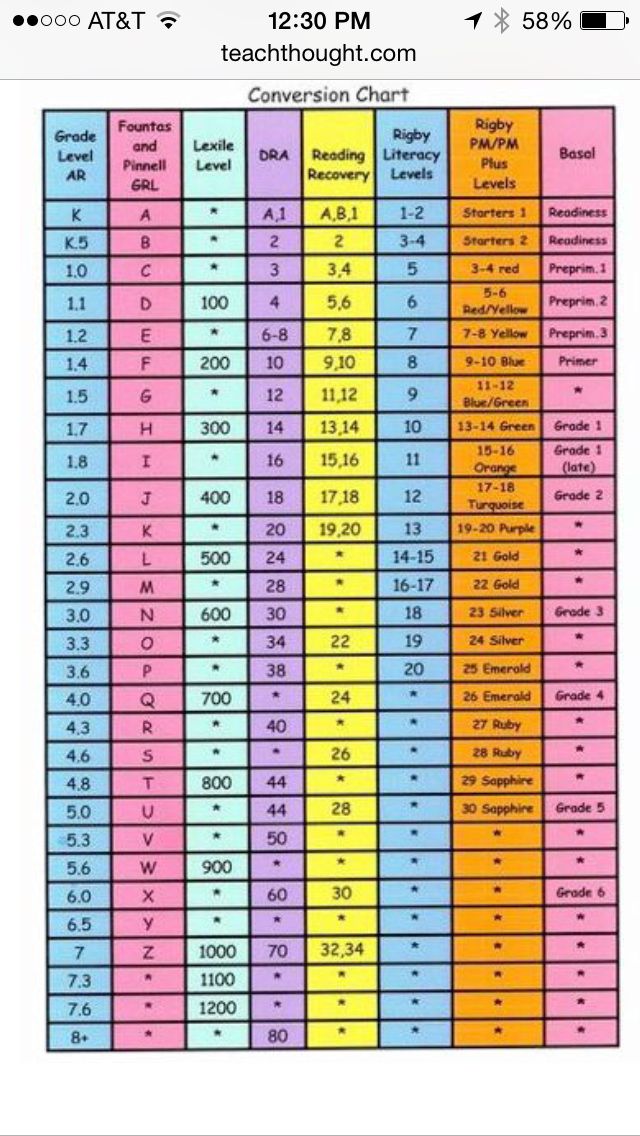 He was born a Saxon but adopted by the Vikings. Uhtred is a deep and controversial character. After his Danish family is betrayed and killed, he returns to the Saxons. He has to fight for the last English kingdom, but his heart is still with the Danes. He is a pagan, but becomes one of the most trusted men of King Alfred, the most ardent Christian Uhtred has ever met.
He was born a Saxon but adopted by the Vikings. Uhtred is a deep and controversial character. After his Danish family is betrayed and killed, he returns to the Saxons. He has to fight for the last English kingdom, but his heart is still with the Danes. He is a pagan, but becomes one of the most trusted men of King Alfred, the most ardent Christian Uhtred has ever met. 